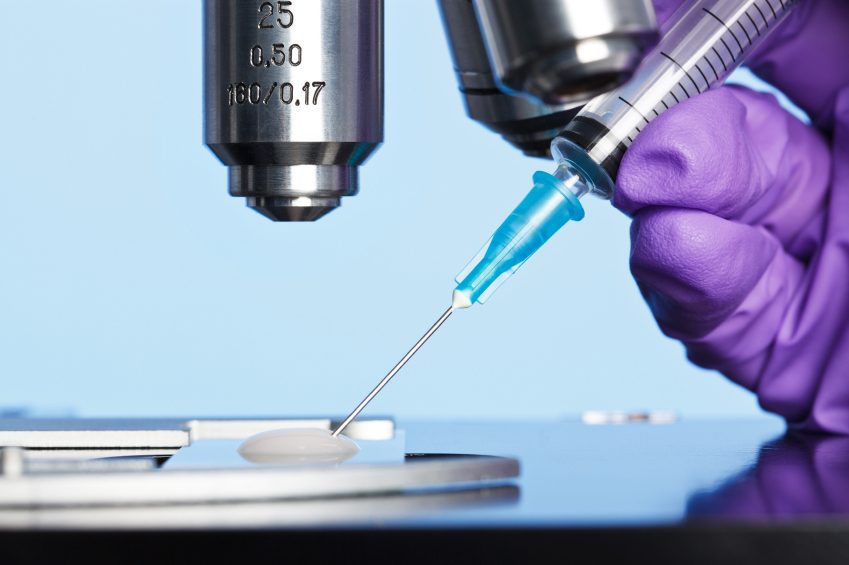In 2010, Professor Turnbull at the University of Newcastle published an update on the IVF technique known as the “Three Parent IVF approach” in the Nature journal. In a document published on 22 July 2014, the British Government estimated that this practice could be authorised in Great Britain. A draft law intended to regulate this practice could be brought before Parliament as soon as the autumn, for authorisation in April 2015, i.e. just before the next elections to be held in May. If the draft bill were adopted, Great Britain would become the first country in the world to authorise such a practice.
This Government authorisation follows on from a consultation held between February and May 2014 with research organisations, patient associations, professional organisations, confessional organisations, Members of Parliament and a panel of individuals. It gave the Government 1857 responses. Last June, the British Human Fertilisation and Embryology Association (HFEA) approved this practice (Gènéthique press review on June 2nd, 2014).
Amongst the recommendations concerning the authorisation of three parent IVF, the Government states that the HFEA should check whether there is a major risk of having a child with a considerable physical or mental handicap or another serious condition.
However, three parent IVF is highly controversial and justifiably so. It means that the genetic material of a third person will be transmitted not only to the child but also to all future generations. Campaigners Human Genetics Alert believe that this practice is unethical and that the benefits cannot justify unknown risks to the child. They are also concerned with the social consequences that could arise from modifying human genomes.
According to Dr. David King, “Looking back 15 years from now in the midst of a designer baby marketplace, people will see this as the moment when the ethical line was crossed.” He went on to add that “Great Britain is now going to be isolated in Europe as the only country authorising human genetic manipulation. All other countries have signed the Human Rights and Biomedicine Convention, which bans this“. It is typical of Great Britain as a country that “says yes to any scientific suggestion“.
gov.uk juillet 2014 – Parliament.uk 22/07/2014 – The Telegraph (Sarah Knapton) 22/07/2014 – The Guardian (Ian Sample) 22/07/2014

